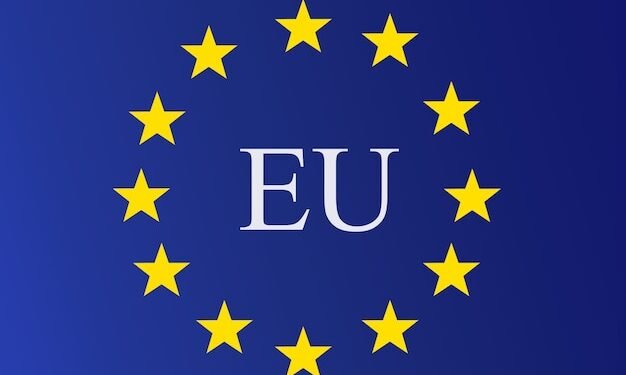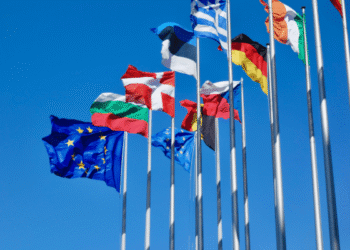By Muhyideen Jimoh
The European Union (EU) Election Observation Mission in Nigeria on Monday said it observed some short comings in the the just concluded general elections in Nigeria, in spite of INEC’s efforts.
Mr Barry Andrews, Chief Observer of the mission disclosed this in an interview with the News Agency of Nigeria (NAN) on the sidelines of a briefing on the preliminary report of the mission.
“I think it’s important to note that the elections took place as planned on the day that it was planned and there was no postponement, and that is something that had been a feature of previous elections.
“By and large, the election took place in a peaceful environment.
“However, unfortunately, there were expectations regarding the use of the technology that were not met.
“There were shortcomings in relation to planning and training of the individuals at the polling units, which did not meet the standards that INEC has set for itself.
“So to that extent, it was disappointing. But I would say that our observations are consistent across the country.
“The late opening of polling stations, clearly hampered the ability of people to exercise a political right to vote.
“Because they opened so late, it was impossible for many people to stay around and wait until the actual polling units opened.
“So there is definitely room for improvement and unfortunately, a number of improvements that need to be made,” he said.
Andrews said although the mission was not in Nigeria to interfere but observe the elections, it was important to have peace and credible elections in the country.
“We don’t interfere in any way in the political process. We’re very careful to simply observe from the outside and try to provide some assessments that can be of some use to Nigeria in the future.
“But the one thing we would say, without hesitation is that it is absolutely critical that elections take place in a peaceful environment, and the sentiments that were expressed by the leaders at the peace accord signing last week.
“We would hope that they would be followed through.
“That political participants and particularly political leaders, would make it clear to all actors and that they should respect people’s right to get to the polling units whether in the governorship elections in a second round if one takes place, so that people can exercise their franchise freely and unhindered,” he added.
He urged INEC to improve it’s operational structure so that the sanctity of the process can be protected and credible elections enthroned in the country.
“We would also encourage INEC to improve some of the steps that they’re taking, particularly for example, the configuration of polling booths, which didn’t allow for secrecy in every instance and that therefore exposed the process to accusation of not been a secret ballot.
“So that was another shortcoming but we absolutely recognise that this election was taking place in a very challenging situation, particularly having regard to cash and fuel shortage,” he said.
“And also the scale of this election is really quite an extraordinary thing with 175,000 polling units 800,000 polling staff, as well as 1.5 million accredited agents of the various parties.
“So overall, the scale of it is a challenge. And while we did note these security issues, by and large, there was a peaceful opportunity for many, many millions of Nigerians to vote,” he said.
The EU envoy also decried the low participation of women in the electoral process while calling for more inclusivity.
He said the mission would still be in Nigeria until after the March 11 governorship elections, when it will come up with a final report.
(NAN)










